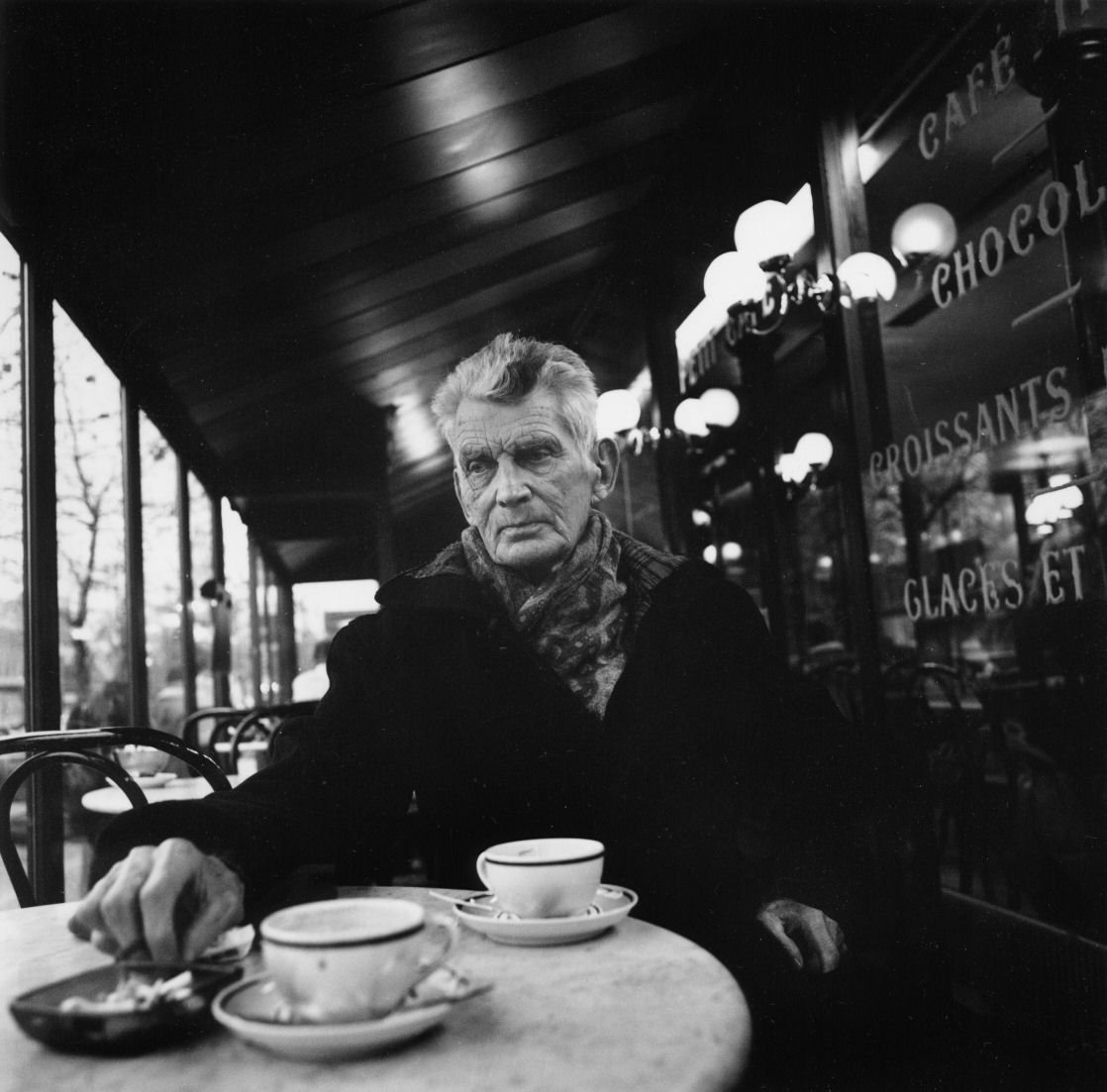W.B. Yeats (1865-1939)
I have been rereading Yeats. Something I recommend everyone with an interest in English poetry should do. It’s difficult to think of a collected poems which has so many great poems in it, or where the quality improves chronologically.
This poem sits at the end of his ‘Last Poems’. It’s not a great poem by his standards, but the honesty of it is appealing. Old men are just young men in failing bodies and Yeats was acutely aware of this. The last two lines express an impossible wish but also acknowledge and accept what has passed.
If you wanted to, you could ask yourself which is the more human response: the men obsessed with politics, or the man admiring the girl. You could also ask yourself which one of the two is less likely to start a war.



